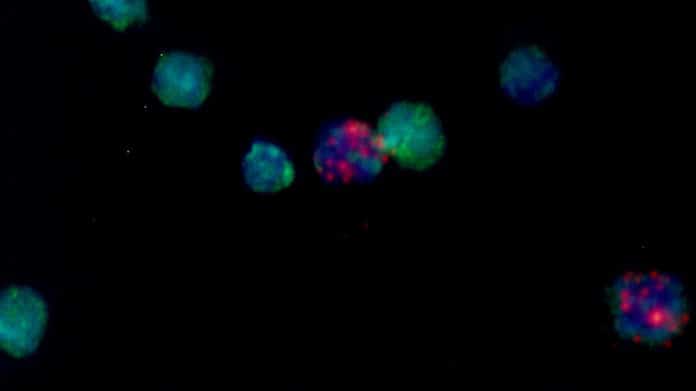In a new study, scientists identified several new forms of mosquito immune cells called hemocytes to further clarify the mosquito immune system. It sheds light on how mosquitoes transmit parasites that cause malaria.
Using single-cell RNA sequencing, scientists from Iowa State University characterize mosquito immune cells. They found that mosquito hemocytes show greater complexity than previously thought. In addition, they found evidence of cell differentiation and that some cells may even undergo a maturation process.
Scientists also provided comparative analysis to single-cell studies in other insect systems. This highlights significant similarities and differences between mosquitoes and other insects.
According to scientists, this study is an essential step towards the future exploration of the mosquito immune system. It could be crucial to understand how mosquitoes transmit pathogens, such as malaria parasites, to humans through their bite.
Ryan Smith, an associate professor of entomology at Iowa State University, said, “There’s a big body of evidence that suggests that immune cells of mosquitoes are critical to their ability to transmit disease. From that perspective, we haven’t known a great deal about the molecular aspect of what those immune cells look like.”
Smith even envisions a future when this line of research could lead to the production of mosquitoes genetically modified to overexpress specific immune cell populations that reduce the ability of a mosquito to transmit pathogens that cause mosquito-borne disease. These resistant mosquitoes could then be introduced into wild mosquito populations to breed and spread these genetic traits.
Journal Reference:
- Hyeogsun Kwon et al. Single-cell analysis of mosquito hemocytes identifies signatures of immune cell subtypes and cell differentiation. eLife DOI: 10.7554/eLife.66192
